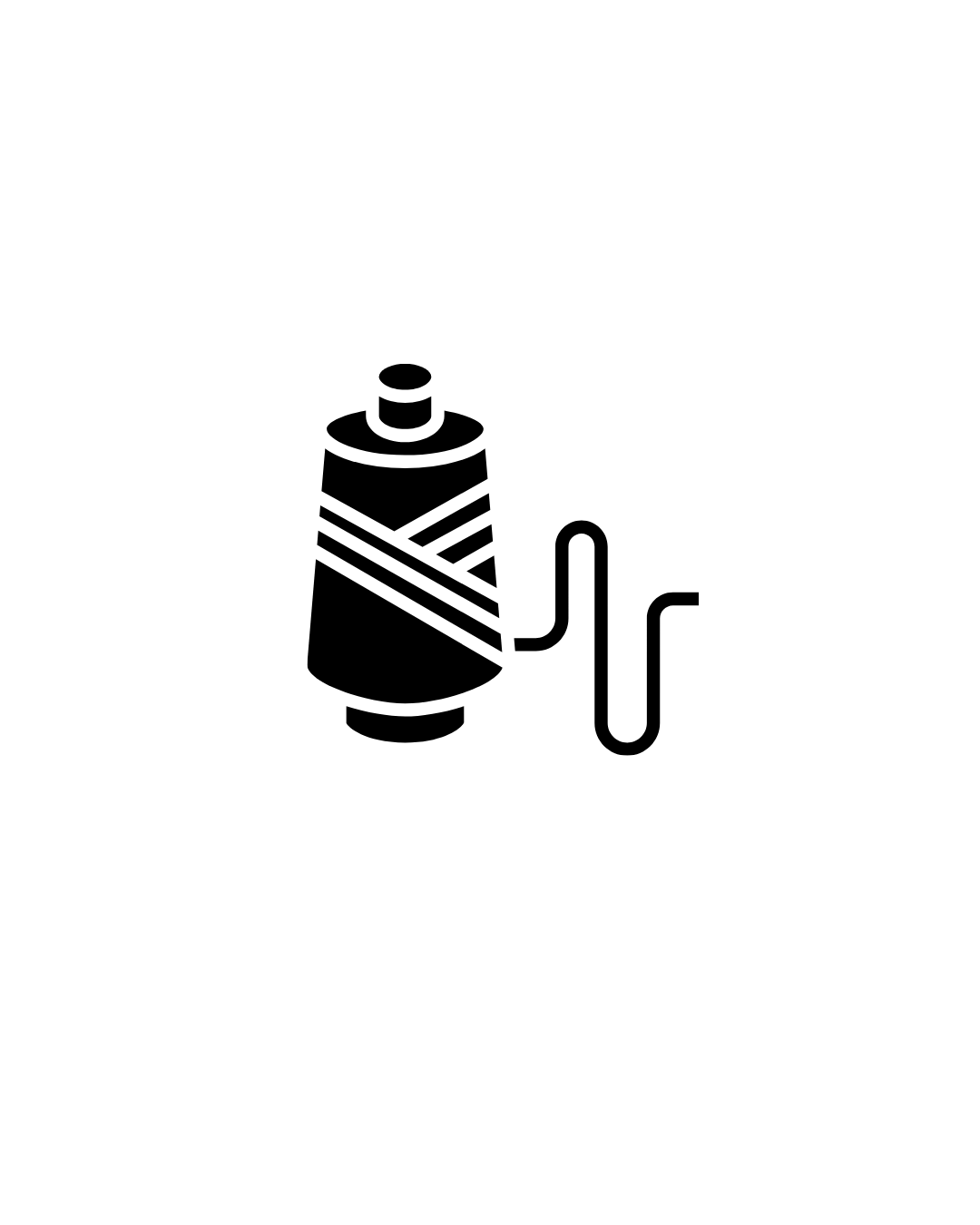Description
A Bachelor of Technology in Textile Engineering (B.Tech in Textile Engineering) is an undergraduate program that focuses on the study of fibers, yarns, fabrics, and the processes involved in textile production and manufacturing. This field combines principles of engineering, technology, and textile science to equip students with the knowledge and skills necessary for careers in the textile and apparel industries.
Curriculum Overview
The curriculum for a B.Tech in Textile Engineering typically includes a blend of basic engineering courses, specialized textile subjects, and practical laboratory work. Here are some common subjects and areas of study in this program:
Engineering Mathematics:
Advanced mathematical concepts essential for problem-solving in engineering, including calculus, differential equations, and statistics.
Textile Fibers:
Study of different types of fibers (natural and synthetic), their properties, and their applications in textile manufacturing.
Yarn Manufacturing:
Techniques and processes involved in converting fibers into yarn, including spinning technologies and machinery.
Fabric Production:
Overview of weaving, knitting, and non-woven fabric production processes, including the machinery and techniques used.
Textile Chemistry:
Principles of chemical processes involved in textile production, including dyeing, finishing, and treatments used to enhance fabric properties.
Fabric Structure and Properties:
Analysis of the structural aspects of fabrics, understanding fabric properties such as tensile strength, elasticity, and drape.
Garment Manufacturing Technology:
Study of the processes and technologies involved in garment production, including sewing, fitting, and quality control.
Textile Testing and Quality Control:
Techniques for testing the physical and chemical properties of textiles to ensure quality standards are met.
Textile Machinery and Automation:
Overview of the machinery used in textile manufacturing, including automation technologies and maintenance practices.
Apparel Manufacturing:
Understanding the processes involved in converting fabrics into finished garments while ensuring efficient production workflows.
Fashion Technology:
Exploration of fashion design principles, trends, and the role of textiles in the fashion industry.
Sustainability in Textiles:
Study of sustainable practices in the textile industry, including eco-friendly materials, recycling, and waste reduction.
Project Work/Internship:
Hands-on experience through projects or internships allowing students to apply their theoretical knowledge in real-world textile engineering settings.
Career Opportunities
Graduates with a B.Tech in Textile Engineering have a wide range of career opportunities in various sectors, including textile manufacturing, fashion, research, and quality control. Some potential job roles include:
Textile Engineer: Designing and improving processes for the production of fibers, yarns, and fabrics in manufacturing plants.
Process Engineer: Optimizing manufacturing processes to enhance efficiency, quality, and productivity in textile production.
Quality Control Engineer: Ensuring textiles meet quality standards through testing, inspection, and compliance with regulations.
Garment Technologist: Involved in the development, production, and quality assurance of garments from fabric selection to final output.
Textile Chemist: Focusing on the chemical processes involved in dyeing, finishing, and treatment of textiles.
Research and Development Engineer: Engaging in innovation and development of new textile materials, processes, and technologies.
Fashion Designer: Combining creativity with textile knowledge to design apparel and accessories, often collaborating with manufacturers and brands.
Sustainability Consultant: Advising companies on sustainable practices, materials, and innovations in the textile industry to minimize environmental impacts.
Production Manager: Overseeing textile production operations, managing resources, schedules, and workforce for efficiency and productivity.
Textile Marketing and Sales: Working in marketing, sales, or product development roles related to textile products and technologies.
Further Education
Graduates may choose to pursue a Master?s degree in Textile Engineering, Fashion Technology, or related fields for further specialization. Additionally, certifications in specific areas (like quality management, textile testing, or sustainable practices) can enhance career prospects.
If you have any further questions about the curriculum, career paths, or other aspects of a Bachelor of Technology in Textile Engineering, feel free to ask!









